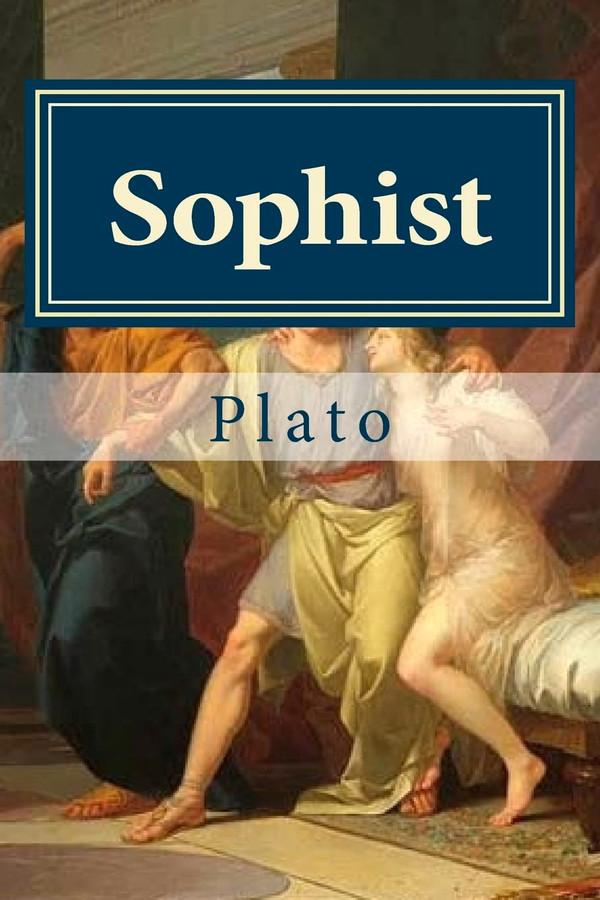Explore the World's Best Ideas
Join today and uncover 100+ curated journeys from 50+ topics. Unlock access to our mobile app with extensive features.
Plato against monism in the Sophist
1. For Plato, language shows that the idea that there is only one thing is absurd (244c-d): “It makes no sense to say that there are two names, while also thinking that there is nothing more than One. […] In fact, the One, being One, is also the name of the One and of the name itself”. This passage is hard, but it means: If the One has a name, then there is not only the One, but at least three things: the One, the name “One” and the “unity” of the name, since the name is also “one”.
9
160 reads
Unity in Diversity
2. Again (251b): “Following the same logic, we suggest that the other things are each one One, while, at the same time, we call it (i.e.: the “One”) many things by the many names”.
7
140 reads
Discontinuism: The Only True Alternative
3. For Plato, the idea that there is only one thing and the idea that there are many things that cannot mix are both false, so only discontinuism is true (252d-e): “Therefore, certainly only the third alternative remains. […] Indeed, only one of these three options would be the necessary one: either all things can mix, or none or some can while others cannot. […] To tell the truth, it was proven that the first two options are, in fact, impossible. […] Therefore, anyone who wants to answer correctly should choose the remaining option among these three”.
7
100 reads
Plato's Views on Discontinuous Genders and Unity in Philosophy
4. For Plato, the genders are discontinuous (254c-d): “Therefore, we admit that some of the genders can communicate with each other, while others can't do it […]”.
5. The idea that there are many things that cannot mix is against philosophy (259d-e): “Indeed, my friend, trying to separate everything from everything is not right and, moreover, it is typical of someone who is completely ignorant and not a lover of wisdom. […]. The total destruction of all reason is to separate each thing from all the others because, for us, reason was created by the interweaving of the forms with each other”.
7
87 reads
Plato's Views on Discontinuous Speech and Discourse Emergence
6. Plato, about the differences in the speech-reason, the “sixth gender”, which is also discontinuous (262a): “Therefore, there is no speech at all by saying only the names continuously nor, in turn, by saying verbs without names […] because the speech would not exist by saying these things continuously”.
7. Again (262e): “So, inasmuch as we agreed that some objects are adequate to each other, while others are not, with respect to the signs of the voice, clearly some cannot be adapted, while others can be adapted, so the discourse emerges thanks to these things.”.
7
86 reads
IDEAS CURATED BY
Discover Key Ideas from Books on Similar Topics
Read & Learn
20x Faster
without
deepstash
with
deepstash
with
deepstash
Personalized microlearning
—
100+ Learning Journeys
—
Access to 200,000+ ideas
—
Access to the mobile app
—
Unlimited idea saving
—
—
Unlimited history
—
—
Unlimited listening to ideas
—
—
Downloading & offline access
—
—
Supercharge your mind with one idea per day
Enter your email and spend 1 minute every day to learn something new.
I agree to receive email updates

